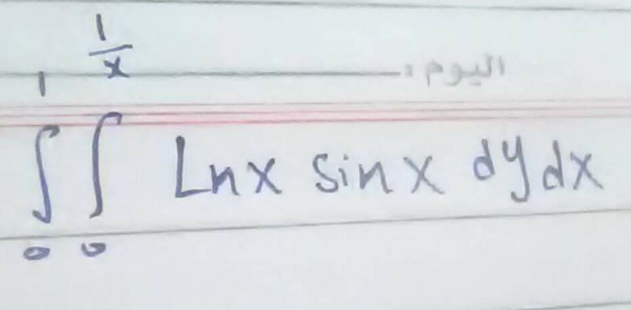
IntegrationQuestion and Answers: Page 149
Question Number 112189 Answers: 0 Comments: 0
Question Number 112169 Answers: 2 Comments: 0
$$\:\int\:\mathrm{tan}\:^{\mathrm{3}} {x}\:\mathrm{sec}\:^{\mathrm{3}} {x}\:{dx}\:? \\ $$
Question Number 112119 Answers: 1 Comments: 0
Question Number 112545 Answers: 2 Comments: 2
Question Number 111876 Answers: 0 Comments: 0

Question Number 111873 Answers: 1 Comments: 0
Question Number 111859 Answers: 2 Comments: 7
Question Number 111818 Answers: 3 Comments: 0
Question Number 111771 Answers: 0 Comments: 0
Question Number 111770 Answers: 0 Comments: 0
Question Number 111768 Answers: 0 Comments: 0
Question Number 111762 Answers: 1 Comments: 0
Question Number 111760 Answers: 0 Comments: 0
Question Number 111756 Answers: 0 Comments: 0
Question Number 111719 Answers: 2 Comments: 0
Question Number 111558 Answers: 1 Comments: 9
Question Number 111499 Answers: 0 Comments: 0
Question Number 111429 Answers: 1 Comments: 0
Question Number 111357 Answers: 0 Comments: 0
Question Number 111195 Answers: 2 Comments: 0
Question Number 111189 Answers: 4 Comments: 0
Question Number 111174 Answers: 0 Comments: 0
Question Number 111109 Answers: 0 Comments: 0

Question Number 111104 Answers: 2 Comments: 2

Question Number 111048 Answers: 0 Comments: 0

Question Number 111083 Answers: 2 Comments: 0
Pg 144 Pg 145 Pg 146 Pg 147 Pg 148 Pg 149 Pg 150 Pg 151 Pg 152 Pg 153
